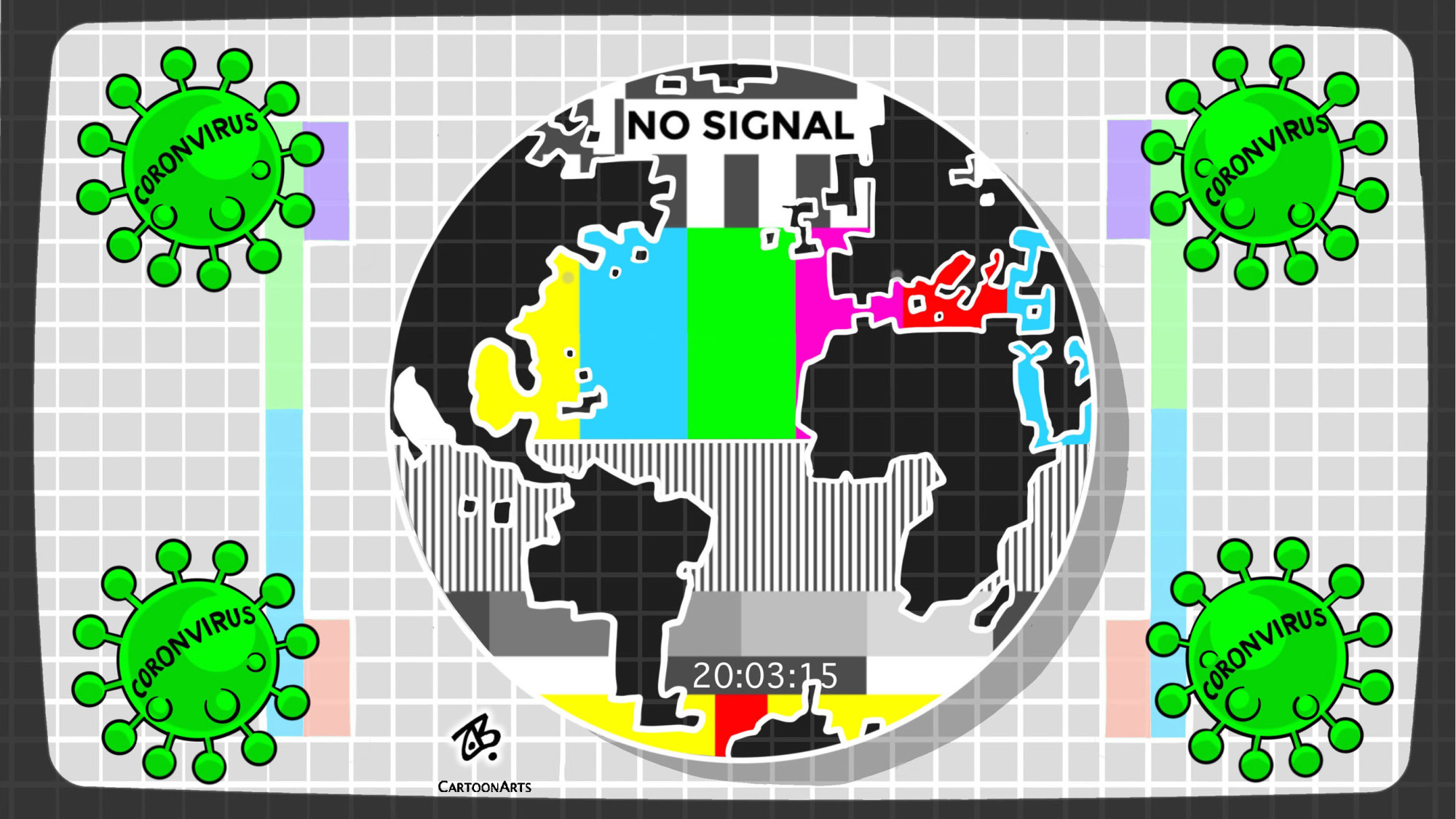As global supply chains break, airlines slash flights, borders rise within nation-states, stock exchanges convulse with fear and recession looms over economies from China to Germany, Australia to the United States, we can no longer doubt that we are living through extraordinary times.
What remains in question, however, is our ability to comprehend them while using a vocabulary derived from decades when globalization seemed a fact of nature, like air and wind. For the new coronavirus signals a radical transformation, of the kind that occurs once in a century, shattering previous assumptions.
In fact, the last such churning occurred almost exactly a century ago, and it altered the world so dramatically that a revolution in the arts, sciences and philosophy, not to mention the discipline of economics, was needed even to make sense of it.



















With your current subscription plan you can comment on stories. However, before writing your first comment, please create a display name in the Profile section of your subscriber account page.